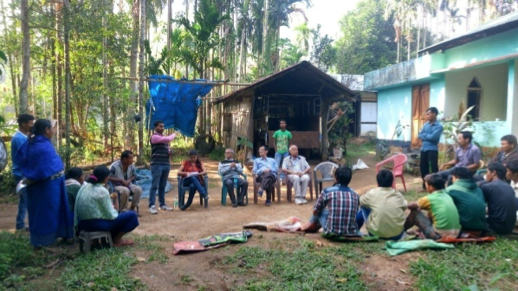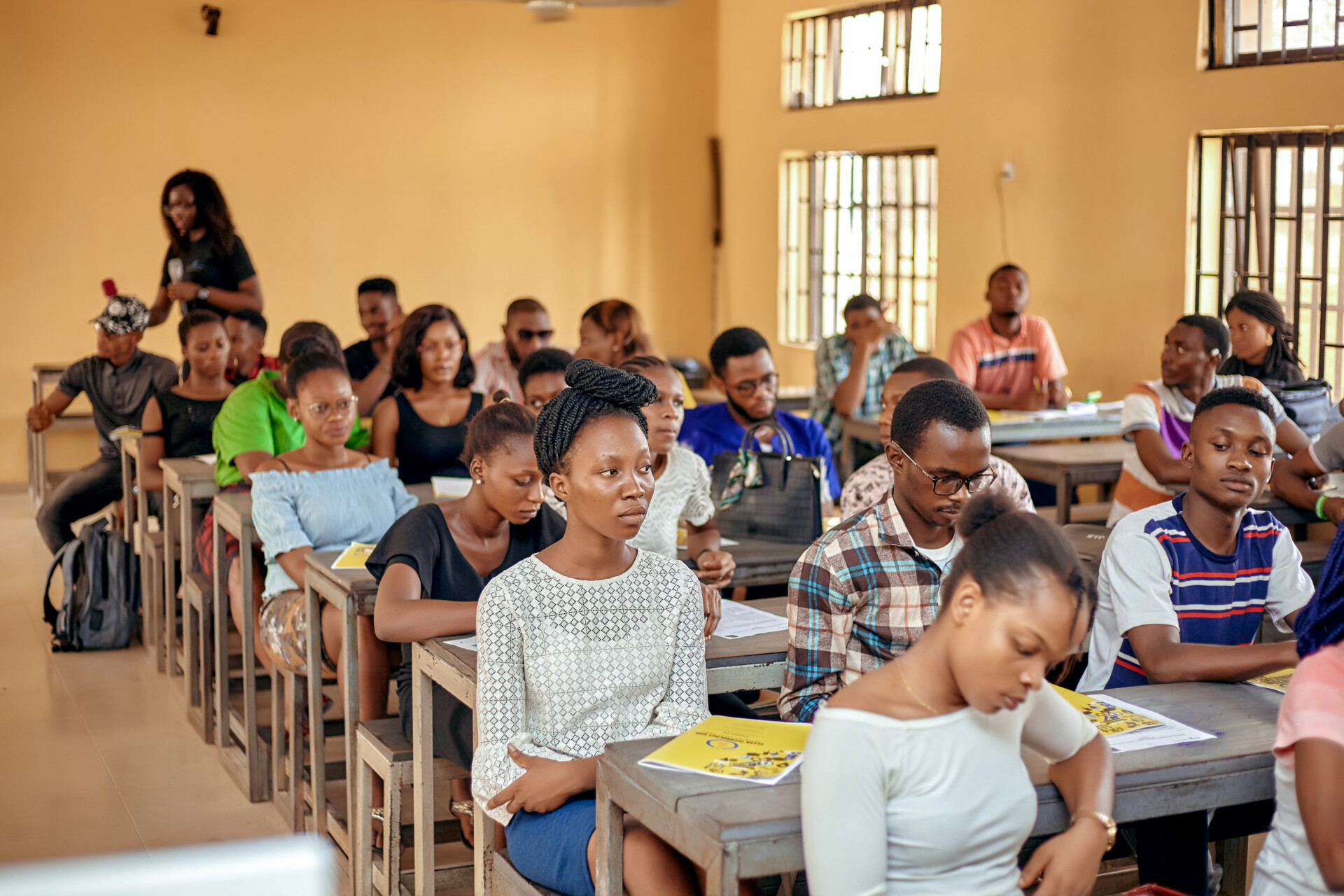Biraj Gautam and Rabin Shrestha share their lessons from the latest visits to the micro hydro power sites in Jumla and Baglung.
Hybridisation of Micro Hydro and Solar Technologies in India
AIREC and its local partner organisations have carried out five field visits to the Upper Killing village to socialise with the community, familiarise them with the project and also seek their opinions. To better understand the needs of the community with respect to socio-economic conditions and energy consumption at village and household level, a detailed baseline survey was conducted. The results demonstrate that electricity for household use is the priority, followed by electricity for community services. The study also indicated that expenditure on electricity bills has increased significantly since the village was connected to the national grid.
Furthermore, AIREC and the NB Institute of Rural Technology (NBIRT) carried out an extensive technical assessment of the existing micro hydro power plant to understand the technical challenges faced in ensuring the smooth operation of the plant, which has been non-operational since the village was connected to the national grid. Key challenges that were identified include:
- The under-utilisation of the hydro power plant due to seasonal variations
- The need to renovate and operationalise the micro hydro power plant in parallel with the grid and solar technologies
- The need to expand the power house to accommodate the planned Intelligent Circuit Controller system which will synchronise the electricity supply from three different sources (solar, micro hydro and the national grid)
The basic design for this Intelligent Circuit Controller system, which is the key innovation of the project, was also established during the first project phase.
Additional activities included the invitation for tenders to carry out the civil construction, to supply the Intelligent Circuit Controller system and to design and supply the 5kW solar PV power plant. The next steps will include the installation and commissioning of the solar PV power plant, the implementation of the Intelligent Circuit Controller unit and operationalisation of the micro hydro power plant, including technical training and capacity building activities.
More general information is available at our project page: Hybridisation of an Existing Micro Hydro Plant with Solar PV and Integration with the Grid


